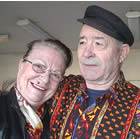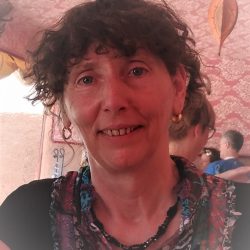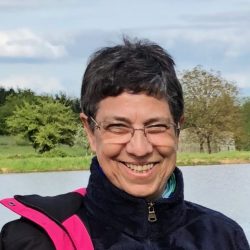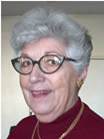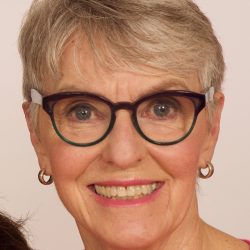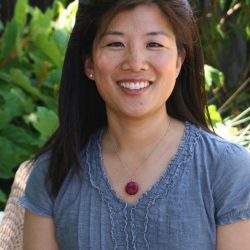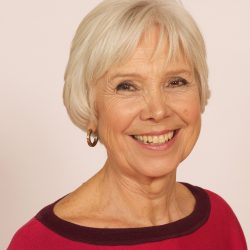Who
A group of people who …
want to save as much as possible the popular traditions, the memories of the territory and the teaching of the elderly who are too often relegated to the rest of society and ignored, not listened to. Prevailed by a “culture of the title”, “of paper”, “of haste”; a blind culture in his Ego, fragile in his own ego, unable to see the wealth preserved in these people, who are leaving with that baggage of knowledge so important for the balance of our Being, our Health …
want to awaken the value and importance of some important traditions…
work to try to safeguard the Environment in which they live …
want to do sport in the most natural way possible …
they want to find themselves far from a computer, maybe around a fire, playing … dancing … eating … singing out of tune …
they want to “do”, stimulate, propose culture…
Want to Build Friendship…
Translated with www.DeepL.com/Translator
Founder of a school
International
Anne Brown de Colstoun
Christine Provost
Georgette Chabin
Georgia Leconte
Ginette Guédu
Nicole Blouet le Coz
Odile Thibault
National
Jean Couch
Jenn Sherer
Pamela Rief
Thea Sawyer
Concept
L’Aplomb est une rééducation naturelle des attitudes de la vie quotidienne par une étude approfondie de l’équilibre de l’être humain tel qu’il s’est constitué au cours de l’évolution.
Que signifie le mot “aplomb” ?
Quand l’employons nous dans le langage courant ?
On dit par exemple : “cette fenêtre est de guingois, elle n’est pas d’aplomb” ou encore : “cette table n’est pas d’aplomb, mets une cale sous un pied”. De quelqu’un qui “déraille” un peu, on dit qu’il n’est pas d’aplomb dans sa tête… Lorsque l’on est bien planté dans sa tête et sur ses deux pieds, que l’on est sûr de soi, le mot “aplomb” peut devenir péjorativemet le synonyme de : “avoir du culot”. En effet ne pas manquer d’aplomb c’est sentir sa base (la base du tronc) et ses arrières bien assurés.
Discourir de l’aplomb ne sert à rien, il faut aller observer des gens qui ne l’ont pas perdu : petit à petit rééduquer notre oeil, pour observer ceux qui offrent dans leur ensemble une allure et une noblesse d’homo-sapiens bien planté.
L’aplomb ne peut-être en aucun cas transmis par des mots – ni relever d’un enseignement universitaire classique. Il s’agit d’éveiller la sensation juste, une sensation de l’équilbre des poids et contre-poids de chaque os, muscle, obéissant à la gravité. Des cours et séminaires permettront de voir et sentir cet aplomb de l’être humain tout entier.
Ajoutons enfin que l’originalité et la force de l’Institut Supérieur d’Aplomb (I.S.A), est de former des chercheurs en ethnologie qui transmettent aux autres ce que le terrain leur fait peu à peu découvrir.
History
Comment s’est développé l’Aplomb ?
 Noëlle PEREZ-CHRISTIAENS a commencé en 1959 à travailler le yoga avec B.K.S. Iyengar. En 1976, au cours d’une session à Paris, il lui ouvre les yeux sur le fait que les Occidentaux ont le poids en avant, que leur dos se voûtent, qu’ils sont raides.
Noëlle PEREZ-CHRISTIAENS a commencé en 1959 à travailler le yoga avec B.K.S. Iyengar. En 1976, au cours d’une session à Paris, il lui ouvre les yeux sur le fait que les Occidentaux ont le poids en avant, que leur dos se voûtent, qu’ils sont raides.
 Visitant une exposition sur l’Égypte puis le musée Guimet, il attire son regard sur des statues anciennes : les unes semblent tomber dans une chute perpétuelle tandis que les autres sont comme tirées vers le haut.
Visitant une exposition sur l’Égypte puis le musée Guimet, il attire son regard sur des statues anciennes : les unes semblent tomber dans une chute perpétuelle tandis que les autres sont comme tirées vers le haut.
Noëlle se met au travail et comprend qu’il y a là une piste essentielle pour aider les Occidentaux à retrouver les bases de leur équilibre physique, psychique et même spirituel, en s’ouvrant sur la beauté et la noblesse des personnes qui n’ont pas perdu l’aplomb.
Elle fonde, en 1978, l’Institut Supérieur d’Aplomb (ISA) et part avec son équipe sur différents ” terrains ” à la recherche de personnes qui sont encore d’aplomb pour les prendre comme exemple. Elle remarque que chez un enfant qui commence à se mettre debout, tout s’organise instinctivement vers l’équilibre.
 L’observation attentive révèle des trésors sur une autre façon d’être et de vivre. Cela conduit à s’observer soi-même et à travailler pour retrouver les fondements de l’aplomb.
L’observation attentive révèle des trésors sur une autre façon d’être et de vivre. Cela conduit à s’observer soi-même et à travailler pour retrouver les fondements de l’aplomb.
L’aplomb est l’art d’être debout, d’être assis, de se mouvoir avec aisance, sans tensions. Il est la connaissance qui devrait être à la base du yoga, du taï-chi, de tous les sports, de la danse, etc. Sans cela, ces techniques risquent d’être sources de souffrances plutôt que de bien-être.
Les chercheurs de l’ISA apprennent aux élèves à sentir, à percevoir l’attitude juste, en développant l’observation et l’attention.
 Certains élèves pourront devenir eux-mêmes des chercheurs de terrain et transmettre, à leur tour, le fil retrouvé de l’aplomb.
Certains élèves pourront devenir eux-mêmes des chercheurs de terrain et transmettre, à leur tour, le fil retrouvé de l’aplomb.
Des cours et des séminaires sont donnés à Paris, en Province et à l’étranger. Les élèves y découvrent l’aplomb du bassin, des pieds, de la colonne vertébrale et retrouvent une respiration naturelle, l’équilibre du système nerveux, une plus grande aisance, un bien-être et un approfondissement vers une spiritualité plus profonde.


